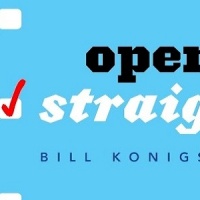

The book is cast as a young adult memoir, and the author’s note, which includes a parenthetical that says, “Be warned: There is kissing” affirms that skew. I’m short of breath, but I haven’t been skating hard.” Sweet.īut like its protagonist, “Rapture Practice” struggles with identity issues not atypical for the genre.

“We shake,” Hartzler recalls, “but when I try to drop his hand, he holds on to mine. One day, while working at the local skating rink, he meets a cute boy on the ice. Aaron’s as-yet-inexplicable romantic feelings are described in a particularly affecting, authentically adolescent way. It’s rebellion.”ĭespite Aaron’s repetitive rebellion, cover-up attempts and exposure, “Rapture Practice” is often effervescent and moving, evocative and tender.

(Aaron says no: “It’s dorky.”) Aaron: “It’s just socks.” Aaron’s father: “Aaron, it isn’t just socks. One stirring passage describes a battle over whether Aaron must wear socks with his Top-Siders to church. Hartzler paints a compellingly unlikable portrait of his preacher dad - Jerry Falwell meets Kim Il-sung, religiously ultraconservative and determined to protect the hermit kingdom of his home from evil. For his 16th birthday, Aaron’s parents give him a purity ring, his mom agush about “when you’ll be able to slip this ring off your finger and give it to your new bride - the best wedding gift of all: your virginity.” The devoutly Baptist Hartzlers rear their children in eager anticipation of Jesus’ second coming. If I were growing up in the Hartzler household, I’d want to lie too. But both wrestle, over several hundred pages, with their identities. Aaron, the main character in the memoir “Rapture Practice,” is real Rafe, the protagonist in Bill Konigsberg’s novel “Openly Straight,” is made up. Aaron comes from a fundamentalist Christian Kansas City family Rafe is a child of modern-hippie Boulder, Colo., (stereo)types. Aaron Hartzler and Rafe Goldberg grow up mostly as polar opposites.


 0 kommentar(er)
0 kommentar(er)
